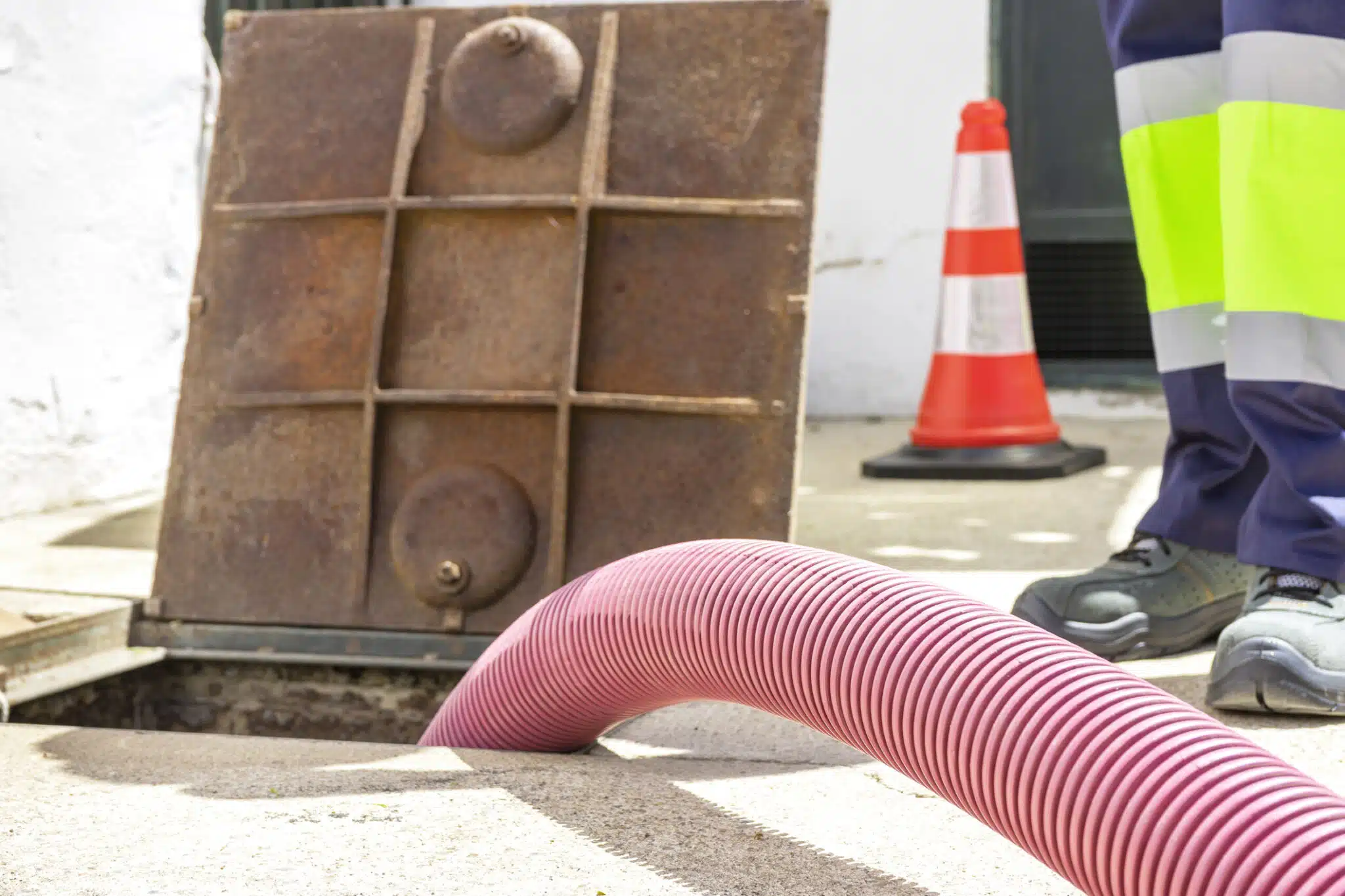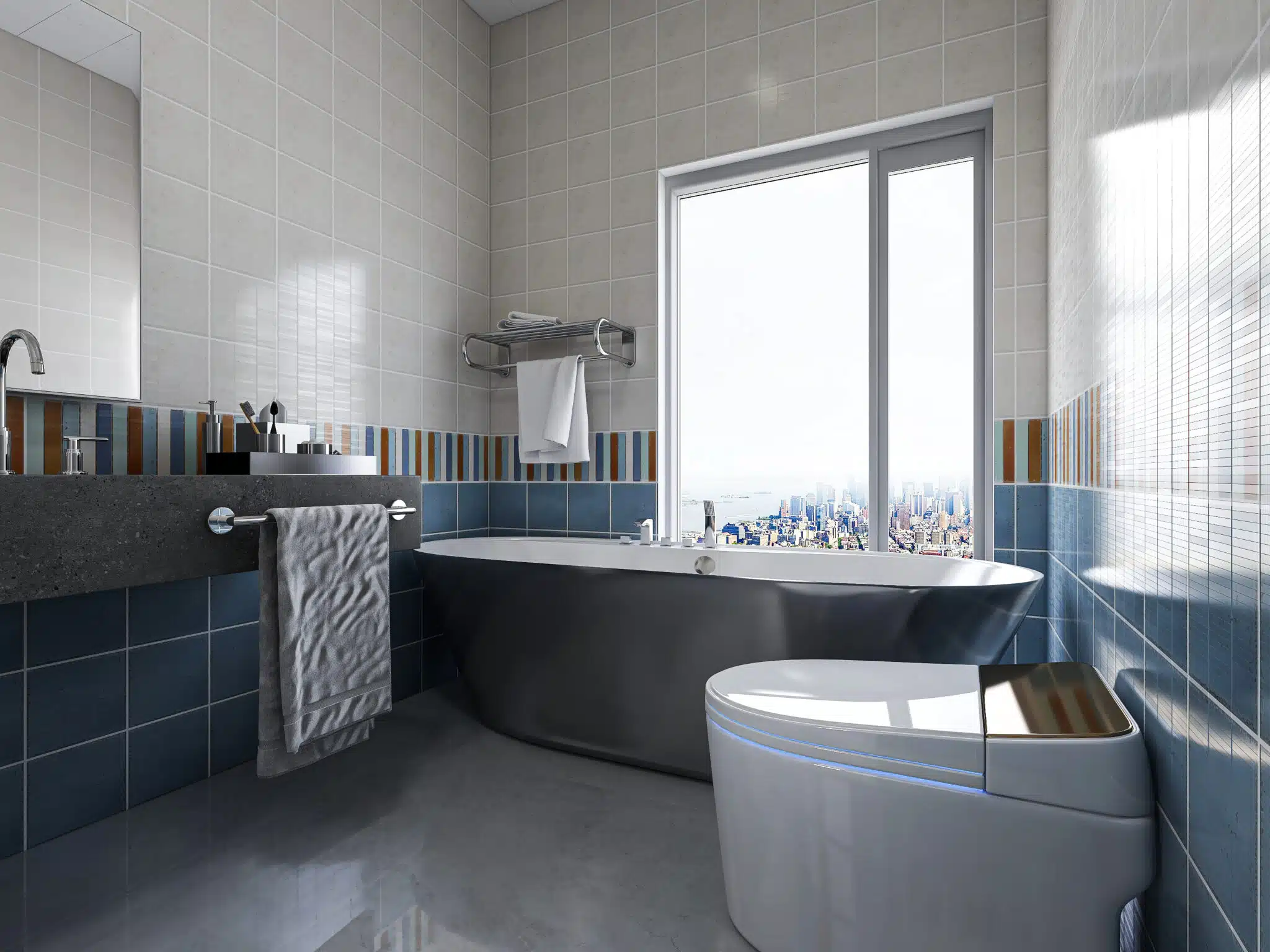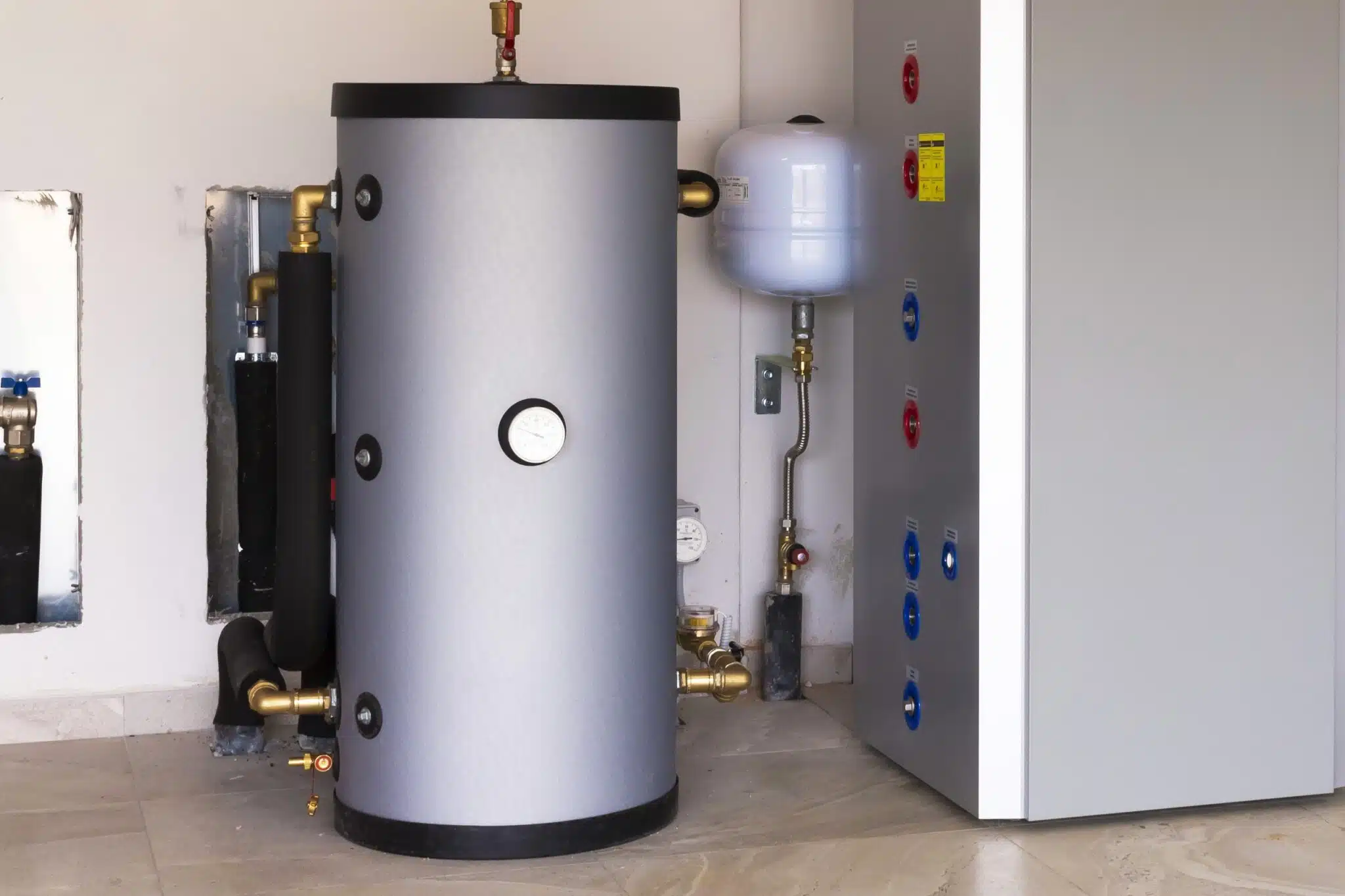Low water pressure can turn simple tasks like showering or washing dishes into frustrating chores. If you are experiencing this issue in Macomb Township, MI, you are not alone. February’s cold temperatures can contribute to plumbing problems, making it crucial to identify the root cause. Understanding why your water pressure is low and how to fix it can help restore comfort to your home. Let’s explore the most common reasons behind low water pressure and the best solutions.
How Michigan’s Winter Weather Affects Water Pressure
Michigan’s freezing temperatures can lead to low water pressure, especially in February. Cold weather affects plumbing in several ways, from pipe contraction to ice buildup. Understanding these common winter-related issues can help homeowners prevent pressure problems before they escalate.
-
Exposed Pipes Are at Risk
Pipes in basements, crawl spaces, and exterior walls are more likely to freeze. Poor insulation can slow water movement, leading to low water pressure or complete blockage. Insulating these areas helps prevent disruptions.
-
Outdoor Plumbing Can Cause Pressure Issues
Ice buildup in hose bibs or sprinkler systems can create pressure fluctuations. Even if indoor plumbing functions well, frozen outdoor lines may still affect water flow. Winterizing these fixtures before cold weather is essential.
-
Water Main Breaks Can Reduce Pressure
Extreme cold causes underground pipes to expand and contract, leading to water main breaks. When this happens, entire neighborhoods may experience low water pressure until repairs are complete. Checking with local authorities can confirm a widespread issue.
-
Preventative Measures Keep Water Flowing
Insulating pipes, maintaining indoor temperatures, and letting faucets drip slightly can prevent freezing. If low water pressure persists, calling a professional plumber can help restore normal water flow in your home.
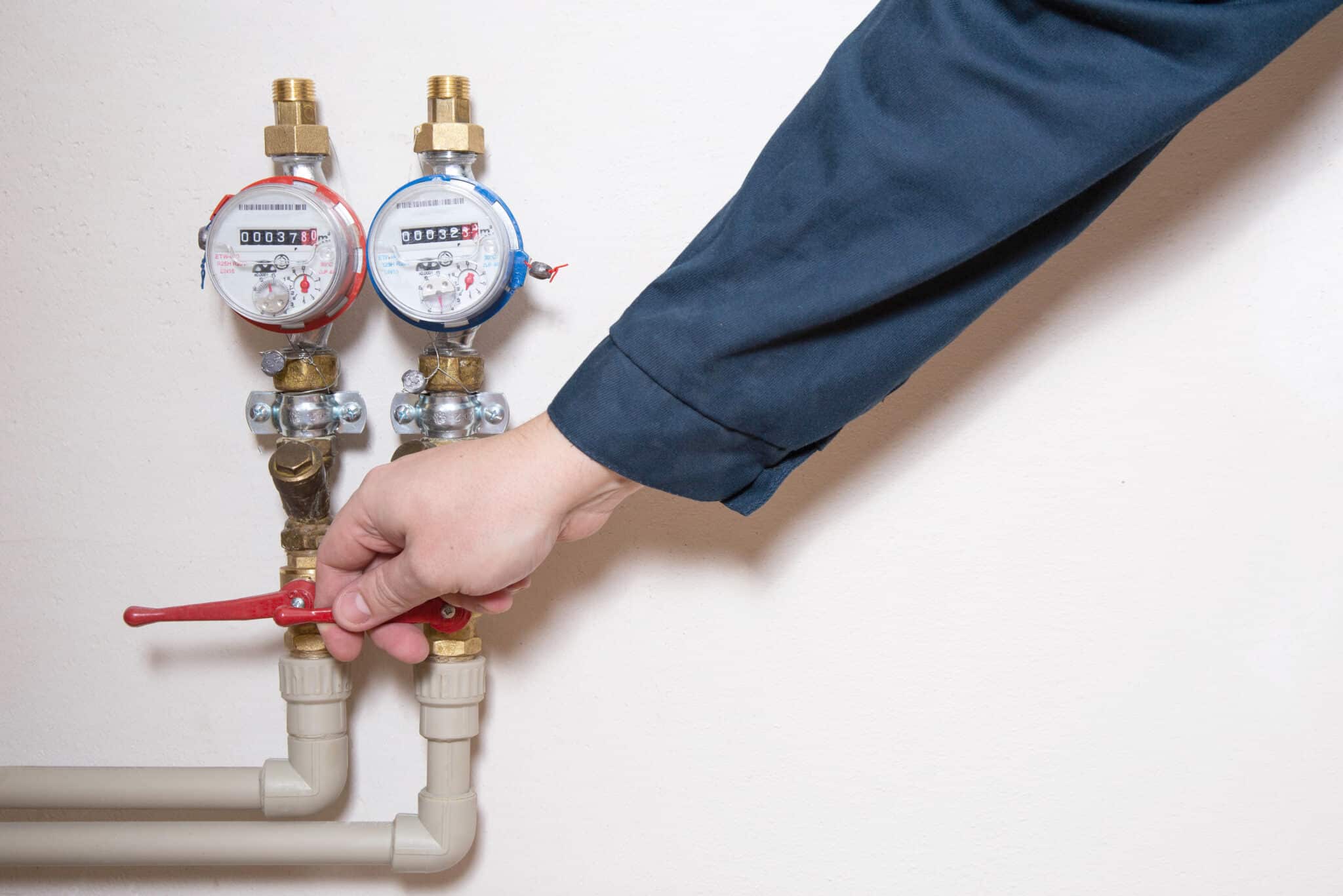
Hidden Leaks Can Drain Your Water Supply
Hidden leaks are a major cause of low water pressure in homes. Even small leaks allow water to escape, reducing the flow to your fixtures. Since many leaks occur behind walls, under floors, or underground, they often go unnoticed for weeks. Identifying and addressing them early can help prevent costly water damage.
-
Sudden Drops in Water Pressure Indicate Leaks
If you experience a sudden drop in low water pressure, a hidden leak could be the culprit. Isolated issues usually point to fixture problems, but widespread pressure loss suggests a larger leak. Checking multiple faucets helps determine if the issue is throughout your home.
-
Water Meter Readings Can Confirm Leaks
A simple way to detect a hidden leak is by monitoring your water meter. Shut off all taps and appliances, then check the meter reading. If it continues to change, a leak is allowing water to escape, causing low water pressure.
-
Warning Signs Include Mold and Water Stains
Unexplained mold growth, damp spots, or rising water bills indicate hidden plumbing leaks. Even a slow drip can waste gallons of water, leading to structural damage and low water pressure. Listening for hissing or dripping sounds may help pinpoint the problem.
-
Professional Leak Detection Prevents Major Damage
If you suspect a leak, contacting a professional plumber is the best solution. Leak detection services help locate and repair hidden issues, restoring normal water flow and preventing further plumbing damage.
Pipe Buildup Can Restrict Water Flow
Over time, mineral deposits, rust, and sediment accumulate inside pipes, leading to low water pressure. Hard water, common in Macomb Township, speeds up this buildup by leaving behind calcium and magnesium deposits. As these materials collect, they create blockages that reduce water flow. If left untreated, buildup can eventually cause complete pipe obstructions, requiring professional cleaning or replacement.
-
Hard Water Causes Mineral Deposits
Hard water contains high levels of dissolved minerals that settle inside pipes. Over time, these deposits thicken, narrowing the passage for water. As a result, low water pressure becomes more noticeable, especially in showers and sinks. If pressure loss happens gradually, mineral buildup is likely the culprit. Installing a water softener can help slow down this process.
-
Rust and Corrosion Affect Older Pipes
In older homes, corrosion and rust inside pipes can lead to severe blockages. As metal pipes degrade, rust flakes off and mixes with water, creating sediment that slows the flow. If you notice brownish water along with low water pressure, corroded pipes could be the issue. Replacing old, rusted plumbing improves both water quality and pressure.
-
Sediment Buildup Clogs Water Heaters
Sediment does not just accumulate in pipes—it also settles inside water heaters. Over time, this buildup restricts the hot water supply, reducing pressure on faucets. Regularly flushing your water heater removes sediment and helps maintain steady pressure.
-
Professional Pipe Cleaning Restores Water Flow
If buildup is causing low water pressure, professional pipe cleaning can help. Plumbers use specialized tools to remove blockages and restore normal water flow. In severe cases, pipe replacement may be necessary to ensure long-term plumbing efficiency.
Pressure Regulator Problems Can Affect Your Plumbing
A malfunctioning pressure regulator can lead to low water pressure or dangerously high pressure, both of which can damage your plumbing system. This device is designed to control water flow and maintain a consistent pressure level throughout your home. When it fails, faucets may trickle instead of flow, and appliances like dishwashers or washing machines may take longer to fill. Identifying and resolving regulator issues early can prevent plumbing damage and costly repairs.
Common Signs of a Faulty Pressure Regulator
- Inconsistent water pressure – One part of the house may have low water pressure, while another experiences excessive force.
- Sudden drops or surges – Water flow may change unexpectedly, making daily tasks frustrating.
- Unusual noises – Fixtures and pipes may produce banging or whistling sounds due to fluctuating pressure.
- Appliance performance issues – Washing machines, dishwashers, and water heaters may take longer to fill or operate inefficiently.
The Risks of Ignoring Pressure Problems
- Plumbing damage – Excessive pressure can stress pipes, leading to leaks, bursts, and costly repairs.
- Shortened fixture lifespan – Faucets, showerheads, and appliances wear out faster when exposed to inconsistent pressure.
- Higher water bills – Increased pressure can lead to unnecessary water usage, raising monthly costs.
Checking Water Pressure with a Gauge
- Attach a gauge to an outdoor faucet and turn on the water.
- Check the PSI reading – Below 40 PSI indicates low water pressure, while above 80 PSI suggests dangerously high pressure.
- Monitor fluctuations to determine if the pressure remains stable or changes unexpectedly.
Professional Solutions for Regulator Malfunctions
When a regulator stops working properly, replacing it is often the best solution. A professional plumber can diagnose the issue, install a new regulator, and ensure proper water flow. Addressing the problem quickly helps maintain steady pressure and protects your plumbing system from long-term damage.
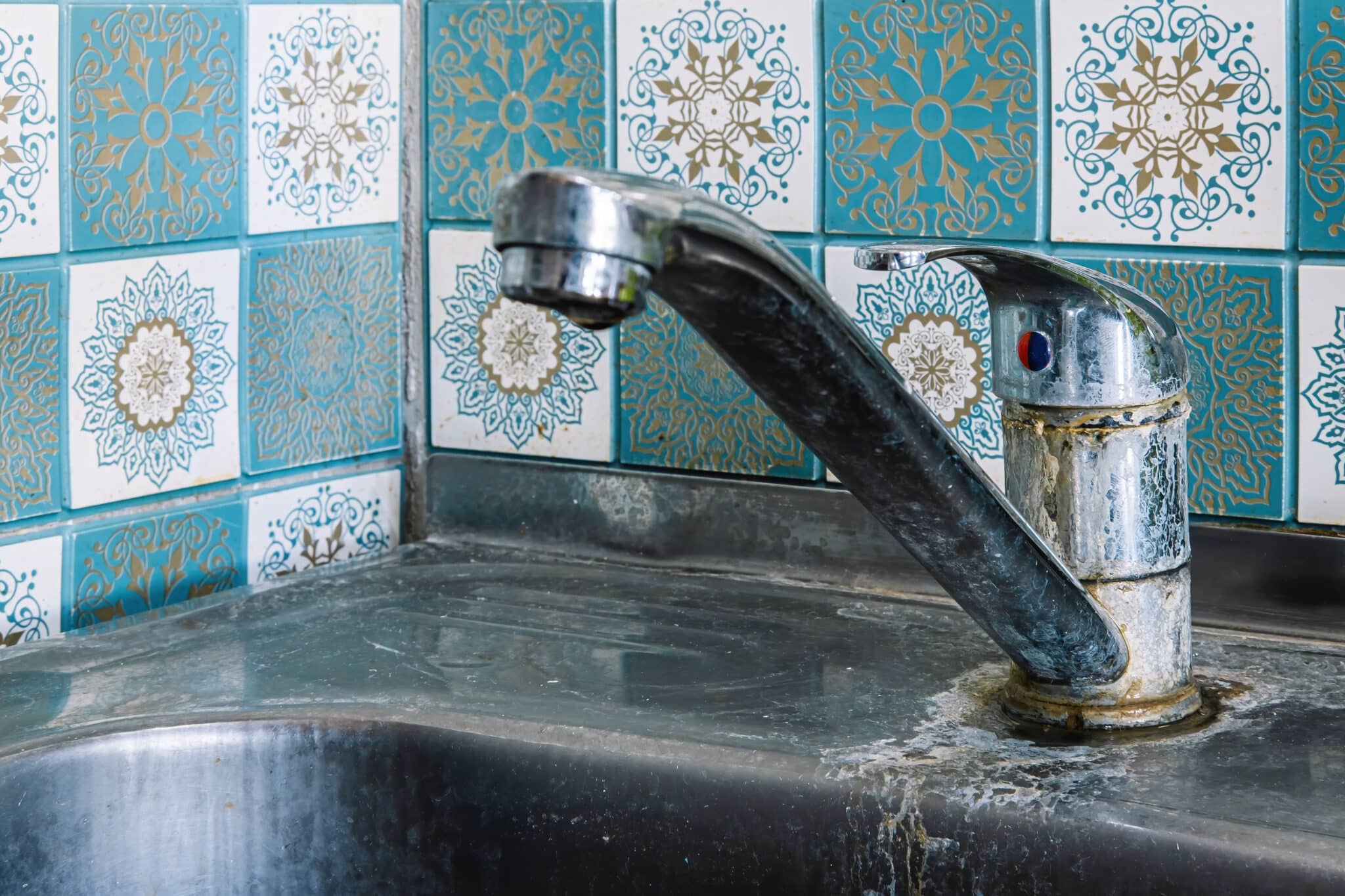
Clogged or Aging Fixtures Reduce Water Output
Faucets, showerheads, and other plumbing fixtures can deteriorate or become clogged over time, leading to low water pressure. Mineral buildup, rust, and worn-out components restrict water flow, making it difficult to get a steady stream. If only one or two fixtures are affected, the issue is likely localized rather than a problem with the entire plumbing system. Cleaning or replacing old fixtures can often restore normal water pressure without extensive repairs.
-
Mineral Deposits Can Block Water Flow
Hard water, common in Macomb Township, leaves behind calcium and magnesium deposits inside fixtures. Over time, these minerals accumulate, narrowing water passages and reducing pressure. A faucet or showerhead that suddenly produces a weak stream may be clogged with mineral buildup. Soaking fixtures in a descaling solution or replacing blocked aerators can improve flow and restore normal pressure.
-
Rust and Corrosion Can Restrict Water Output
Older metal fixtures are prone to corrosion, which can create internal blockages. Rust flakes and sediment inside pipes can settle in faucets, leading to low water pressure. If you notice reddish-brown water along with weak flow, corroded plumbing components may need replacement. Upgrading to rust-resistant materials can prevent future blockages and ensure steady water flow.
-
Worn-Out Washers and Seals Can Reduce Pressure
Washers and seals inside faucets and showerheads help regulate water flow. Over time, these small components wear out, loosen, or crack, causing leaks and reduced pressure. Replacing them is a simple, cost-effective fix that can restore water output. If multiple fixtures are affected, a plumber can check for underlying plumbing problems.
When Fixture Replacement Is Necessary
If cleaning and minor repairs do not resolve low water pressure, replacing outdated fixtures may be the best solution. Modern, water-efficient faucets and showerheads maintain strong flow while conserving water. If pressure issues persist throughout your home, professional plumbing services can assess deeper system problems, such as clogged pipes or outdated plumbing.
Main Water Line Issues Require Immediate Attention
A damaged or blocked main water line can cause low water pressure throughout your home. Since this line connects your plumbing to the municipal supply, any disruption affects water flow to all fixtures. Common issues include leaks, tree root intrusion, and corrosion. If pressure drops suddenly in every faucet, immediate action is necessary to prevent further damage and water waste.
-
Leaks in the Main Water Line Reduce the Pressure
Even a small leak in the main water line can lead to noticeable low water pressure. Water escapes underground before reaching your home, reducing the overall supply. Signs of a hidden leak include wet patches in your yard, unexplained spikes in your water bill, or the sound of running water when no fixtures are in use. Since leaks worsen over time, early detection and repair are essential.
-
Tree Roots Can Block Water Flow
Tree roots naturally seek moisture and can invade underground pipes, creating blockages. As roots grow, they restrict or completely stop water flow, leading to low water pressure throughout the house. If pressure loss occurs gradually, invasive roots may be the cause. A professional inspection can determine whether root intrusion is affecting your plumbing system.
-
Corroded or Damaged Pipes Can Disrupt Supply
Older main water lines, especially metal ones, can corrode over time. Rust buildup narrows pipes, restricting water movement and reducing pressure. In severe cases, corrosion weakens pipes, leading to cracks and leaks. If pressure loss is accompanied by discolored water, corrosion may be the issue.
When to Seek Professional Help
A sudden or persistent drop in pressure may indicate a main water line issue that requires professional attention. A licensed plumber can inspect the line for blockages or damage and determine the best solution. Whether repairs or a full line replacement are needed, addressing the problem early helps restore proper water flow and prevents costly plumbing complications.
How to Prevent Low Water Pressure in the Future
Consistently strong water flow is essential for a well-functioning plumbing system. Taking preventive measures can help homeowners in Macomb Township avoid low water pressure caused by leaks, buildup, or damaged pipes. Routine maintenance and early detection of potential issues ensure steady water pressure and prevent costly repairs.
-
Schedule Regular Plumbing Inspections
Having a professional plumber inspect your system annually can help identify small problems before they worsen. Checking for leaks, corrosion, or pipe blockages ensures your plumbing remains in good condition. Addressing minor issues early prevents low water pressure and extends the lifespan of your pipes and fixtures.
-
Protect Pipes from Freezing
In Michigan’s cold winters, frozen pipes can restrict water flow or even burst, leading to low water pressure. Insulating exposed pipes in basements, crawl spaces, and exterior walls helps prevent freezing. Letting faucets drip slightly during extreme cold can also reduce the risk of ice buildup inside pipes.
-
Install a Water Softener to Reduce the Buildup
Hard water causes mineral deposits to accumulate inside pipes and fixtures, restricting flow over time. Installing a water softener prevents excessive buildup, helping maintain strong water pressure. Regularly cleaning faucets, showerheads, and aerators further reduces blockages caused by mineral deposits.
-
Monitor for Leaks and Water Line Issues
Even small leaks can reduce water pressure by allowing water to escape before reaching your fixtures. Checking for damp spots, higher water bills, or unusual sounds in walls can help detect hidden leaks. If pressure drops suddenly, having the main water line inspected can prevent more serious plumbing issues.
-
Upgrade Outdated or Corroded Pipes
Older metal pipes can corrode, restricting water flow and causing low water pressure throughout your home. Replacing aging pipes with modern materials like PEX or copper improves efficiency and prevents future pressure issues. A professional plumber can assess whether pipe upgrades are necessary for long-term plumbing health.
When to Call a Professional Plumber
Some water pressure problems have simple fixes, but others require expert attention. If low water pressure persists after checking fixtures or municipal issues, a licensed plumber can diagnose the problem. Hidden leaks, pipe blockages, or a failing pressure regulator may be affecting water flow.
A sudden, widespread drop in pressure often signals a serious plumbing issue. Main water line leaks, corroded pipes, or internal system failures can cause long-term damage if left untreated. A professional inspection ensures proper repairs and prevents costly complications.
If pressure remains weak despite fixture replacements or water heater maintenance, a deeper plumbing issue may be to blame. Discolored water, unusual noises, or higher water bills can also indicate hidden problems. Calling a professional ensures accurate diagnosis and the right solution to restore steady water pressure and protect your plumbing system.
Trust Z PLUMBERZ for Reliable Water Pressure Solutions
At Z PLUMBERZ, we understand how frustrating low water pressure can be, especially during Michigan’s cold February months. Our experienced team in Macomb Township is equipped to diagnose and resolve pressure issues, ensuring your plumbing system operates efficiently.
Whether the problem stems from clogged pipes, a faulty pressure regulator, or a hidden leak, our licensed plumbers provide expert solutions. We perform thorough inspections and reliable repairs to restore steady water flow throughout your home.
Ignoring low water pressure can lead to bigger plumbing issues over time. If you are experiencing weak flow, fluctuating pressure, or sudden drops, do not wait for the problem to worsen. Contact Z PLUMBERZ today for fast, professional service and lasting water pressure solutions.
FAQs About Low Water Pressure
-
What causes low water pressure in a home?
Several factors can lead to low water pressure, including clogged pipes, hidden leaks, mineral buildup, faulty pressure regulators, or municipal water supply issues. In colder areas like Macomb Township, frozen pipes during winter can also restrict water flow.
-
How do I check if a hidden leak is causing low water pressure?
A sudden drop in pressure, wet spots on walls or floors, and an unexplained increase in your water bill may indicate a leak. Checking your water meter while all fixtures are off can help confirm if water is escaping from your plumbing system.
-
Can hard water buildup reduce water pressure?
Yes, mineral deposits from hard water can clog pipes, showerheads, and faucets over time, leading to low water pressure. If pressure loss occurs gradually, cleaning fixtures or installing a water softener can help prevent further buildup.
-
When should I call a plumber for low water pressure?
If weak water flow affects the entire home, worsens over time, or comes with leaks, discolored water, or unusual noises, professional help is necessary.
-
Can upgrading plumbing fixtures improve water pressure?
Yes, replacing old pipes, installing a new pressure regulator, or upgrading fixtures with built-in flow boosters can improve low water pressure and plumbing performance.
Trust Z PLUMBERZ to resolve low water pressure and restore proper flow.
Contact us today for expert plumbing services in Macomb Township!









